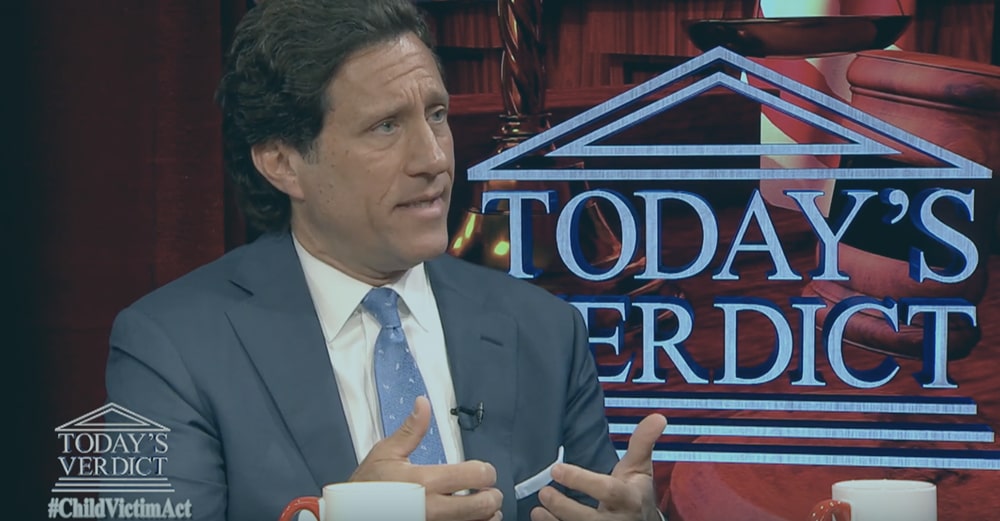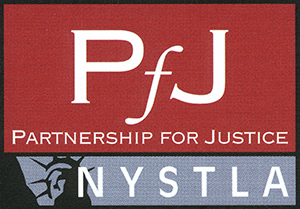Estate Planning for Unmarried Couples
Posted on December 20th, 2017 by Oddo & Babat, P.C.
When unmarried couple are deciding whether or not they should create an estate plan, they should keep in mind that it can offer just as many of the same goals and benefits as couples who are married. However, there are a few key differences, and this article will go into depth explaining them. Unmarried partners typically have no requirement that they must leave behind something to their significant other like married couples do. Married couples, who in most states, cannot completely cut their spouse out of an inheritance, have stricter rules because they are bound by law. A will for a single person (or a living trust in some cases) can list a non-spouse as a beneficiary of the estate, along with other blood relatives like parents and siblings. In a case where an unmarried couple is creating wills, those wills will not affect disposition of jointly owned homes and accounts. That is because assets held in joint tenancy pass to the other tenant (the significant other in this case) when the other tenant passes away. This tends to complicate matters even further, where a couple is not yet married but still owns assets jointly like a married couple would own them.
Things to Consider First
Obviously, an unmarried couple completing an estate plan would likely need their own separate advice and lawyer to represent their separate property plans for jointly held assets. Something else to consider is that setting up beneficiaries could be a vital mistake for an unmarried couple. This is because unmarried couples tend to list each other as beneficiaries for life insurance but do not stop to think that if there is a breakup and the beneficiary is never changed, that long forgotten ex could end up receiving a windfall from being listed as the beneficiary on an insurance policy or bank account. In many states, these beneficiary designations are considered contractual and unaffected by later failure in the relationship. An unmarried couple can also list each other as healthcare and financial power of attorney in case of incapacity. Each person in the relationship should consider how well they know the financial aptitude and healthcare attitudes of their significant other, especially where the couple keeps their finances separate. Unmarried couples should also be sure to list alternates in place which would cover them in the event that there is a breakup subsequent to the documents being created.
Contact an Attorney
If you are not married and are considering creating an estate plan, you should reach out to an estate planning attorney today such as the estate planning attorney Scottsdale AZ locals turn to. Unmarried couples should keep in mind that they must make an estate planning if they want to ensure their non-marital partner receives something from their estate. The heirs of an unmarried person who dies intestate (without a will) are normally siblings and parents. Estate planning is necessary for unmarried couples who want to leave everything they own or at least some of their estate to their significant other.
Thanks to authors at Hildebrand Law for their insight into Estate Planning.


 I consulted with David the first time a couple of years ago on a serious matter that affected a very close member of my family. Not expecting a good experience from this serious situation coupled with an attorney consultation, the entire thing surprised me as it was pleasant, professional, and completely successful. We found him clear, direct, generous and extremely knowledgeable throughout the process. I give my very strongest recommendation
I consulted with David the first time a couple of years ago on a serious matter that affected a very close member of my family. Not expecting a good experience from this serious situation coupled with an attorney consultation, the entire thing surprised me as it was pleasant, professional, and completely successful. We found him clear, direct, generous and extremely knowledgeable throughout the process. I give my very strongest recommendation








